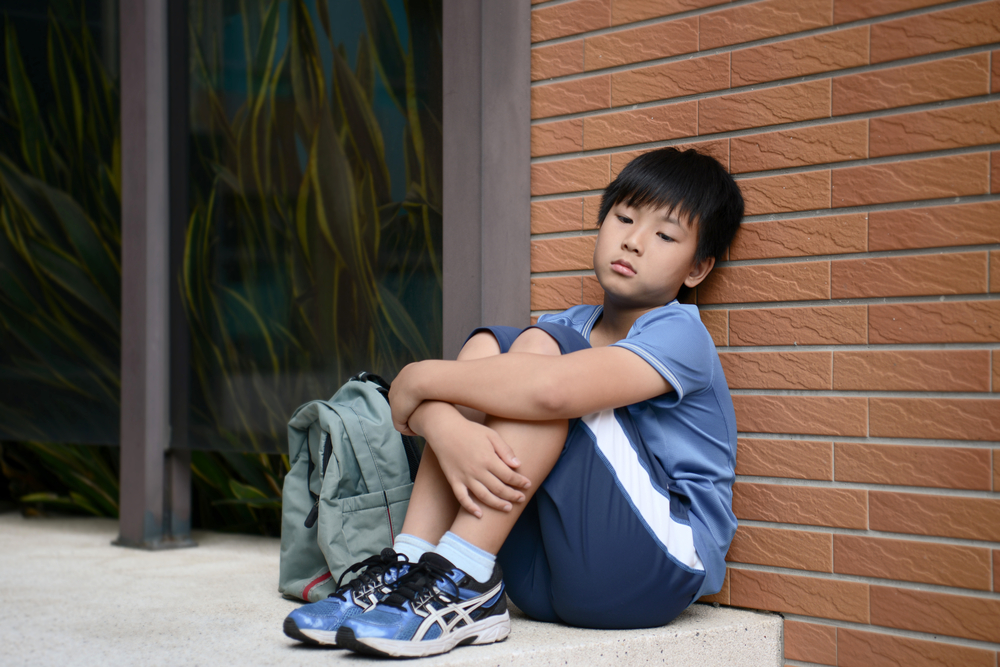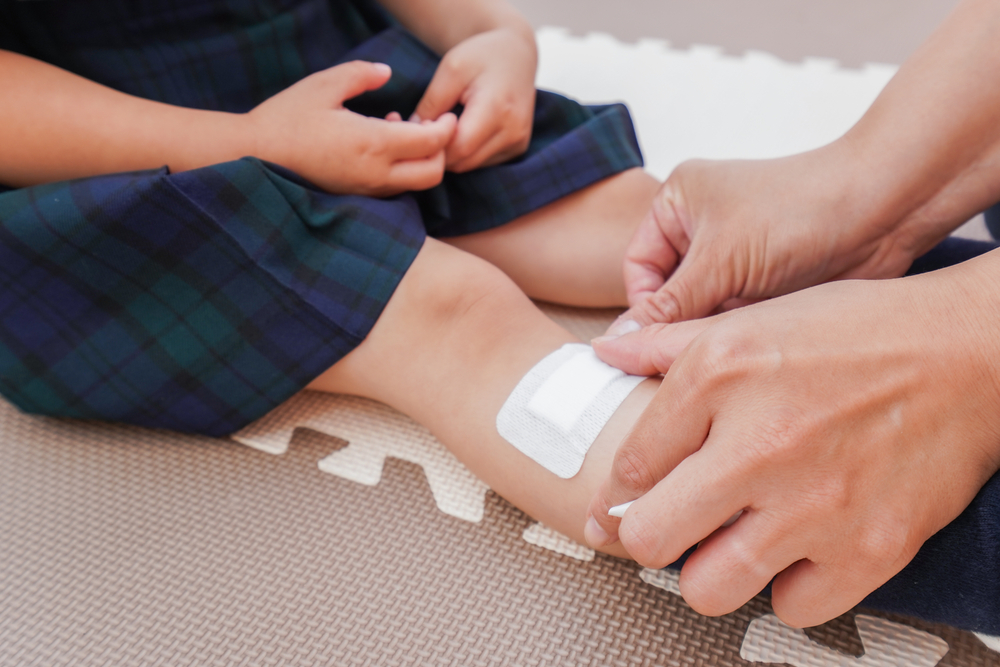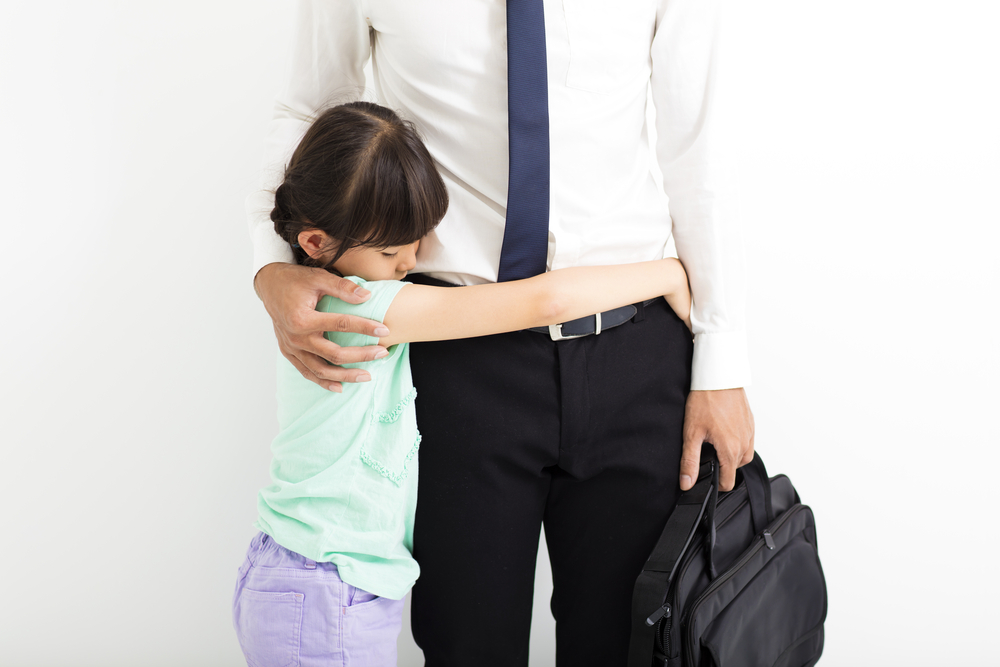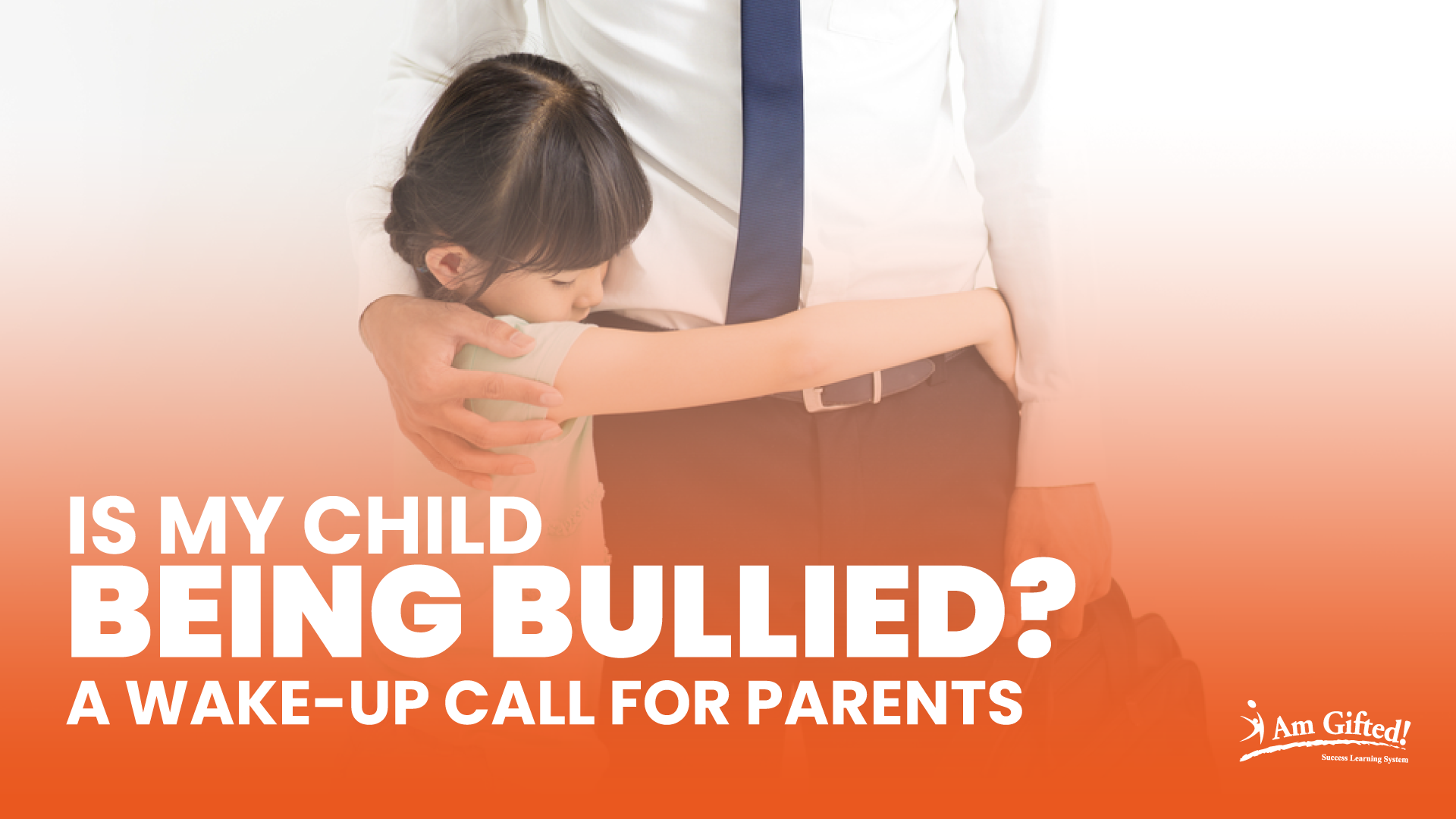PART 1: Is My Child Being Bullied? A Wake-Up Call for Parents
The recent CNA survey revealing that nearly 1 in 3 secondary school students in Singapore have experienced bullying is a sobering reminder: bullying is real, it’s widespread, and often goes unreported.
At I Am Gifted!™, we believe that personal mastery begins with self-awareness—and that includes helping our students navigate social-emotional challenges like bullying. As parents, being equipped to spot the signs early can make a world of difference.
Why Is This Important for You?
Even the most motivated and capable child can lose confidence, motivation, and even their sense of safety when subjected to bullying. Bullying—whether verbal, social, physical, or online—can leave lasting emotional wounds.
In our programmes, we often meet students who seem “okay” on the surface but are silently struggling. Many don’t report their experiences because they feel ashamed, afraid of retaliation, or don’t want to worry their parents.
How to Tell If Your Child Might Be Experiencing Bullying
Watch out for emotional, behavioural, and physical signs that may suggest something is wrong:

1. Emotional Changes
– Appears anxious or withdrawn after school.
– Sudden mood swings, irritability, or tearfulness.
– Mentions feeling lonely or “having no friends”.

2. Behavioural Red Flags
– Suddenly doesn’t want to go to school or makes excuses.
– Decline in academic performance.
– Changes in eating or sleeping patterns.

3. Physical Symptoms
– Unexplained bruises or injuries.
– Frequently reports feeling unwell (headaches, stomach aches) especially on school days.
– Damaged or missing belongings (e.g. stationery, school bag).

4. Digital Clues
– Suddenly stops using their phone or social media.
– Appears distressed after being online.
– Hides screen when you walk in.
 What Parents Can Do Right Now
What Parents Can Do Right Now
 Keep communication open
Keep communication open

Create a safe, non-judgmental space where your child feels they can talk to you about anything—even things that are hard to say.
 Ask, don’t assume
Ask, don’t assume

Instead of “Is someone bullying you?”, ask:
- “How are things going with your classmates lately?”
- “Anyone giving you a hard time?”
- “Have you seen or experienced anything in school that made you feel uncomfortable?”
 Don’t dismiss the signs
Don’t dismiss the signs

Statements like “It’s just kids being kids” or “You need to toughen up” can unintentionally shut your child down. Take all concerns seriously.
 What’s Next?
What’s Next?
In Part 2, we’ll guide you on what to do if your child has been bullied—from school intervention strategies to how you can help them rebuild their confidence and emotional safety at home.
We hope this series empowers you to play an even stronger role in your child’s well-being—because every child deserves to feel safe, respected, and supported.
Stay tuned for Part 2: Helping Your Child Heal from Bullying—What Parents Can Do

If it is possible for others, it’s possible for you.
It is only a matter of strategy.
No matter what strategies you decide on, whether to pick up a relevant self-help book or attend a prestigious school holiday programme, remember that it all begins with your beliefs – how you see yourself and what you say to yourself every day.




